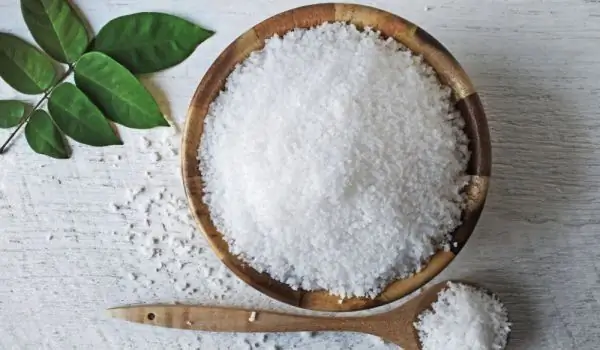2025 Author: Jasmine Walkman | [email protected]. Last modified: 2025-01-23 10:18
Scientists have long been paying attention to the damage that coffee can cause, and more specifically caffeine. One recent study also showed the positive side of caffeine.
According to American experts, caffeine manages to strengthen our ability to remember and recall at least 24 hours after the intake.
American scientists claim that thanks to caffeine, the flow of memories that remain in the memory increases. In this way, memories can be clearly restored at a later stage.
The study involved volunteers who did not regularly drink beverages containing caffeine. They were divided into two separate groups. First, the participants were given the task of memorizing a series of several pictures.
Five minutes later, the specialists gave the volunteers in one group a placebo and the other 200 mg of caffeine, which is about the amount of a large cup of coffee. The next day, the participants' task was to show how well they remembered the pictures from the previous day.
The group to which the scientists gave caffeine remembered far more details than the people in the other group, the results show. At this stage, however, scientists are not convinced what is this biomechanical mechanism that enhances this process.

Although caffeine has a good effect on memory, it is not a good idea to overdo it. Large doses of it can cause us a lot of health problems, and also do not guarantee clearer memories and better memory.
If you drink a cup of coffee in the afternoon, you can shorten your sleep by an hour, according to another study. It is clear that the later we drink a caffeinated beverage, the harder it will be for us to fall asleep. However, research emphasizes that such habits can permanently damage our proper sleep and reduce it by an hour.
Dr. Christopher Drake, an associate professor of psychiatry and behavioral neuroscience at Wayne State University (Detroit) and a researcher at the Henry Ford Sleep Disorders Research Center, conducted a study with 12 people.
He studied how the drink affected those people who were known to have a healthy sleep pattern. At the end of the study, after collecting the data, the researchers found that caffeine intake could seriously disrupt normal sleep patterns.
Recommended:
Rules For Cooking Chickpeas And How To Keep It Longer

You want to to cook with chickpeas , but you are not sure how and for how long to cook it? Before any processing, the chickpeas are cleaned by removing all discolored grains and any other residues. Technically, you can cook chickpeas without soaking them, but it can take up to 4 hours in the pan.
Here's How Sea Salt Helps Keep Hair, Skin And Nails Healthy

When the body's normal salt balance is disturbed, it affects the nails, hair and skin. The shine of the hair is lost, the skin dries out, dandruff appears, the nails darken and are brittle, there is hair loss. These changes occur most often when the weather is cold and dry.
Caffeine Headaches: How Caffeine Causes And Cures Headaches

Caffeine headaches are headaches caused by caffeine consumption. These headaches are usually felt behind the eyes and can range from mild to debilitating. Caffeine is a natural stimulant found in coffee, tea and chocolate and is added to many carbonated beverages.
Caffeine Disorder Or Caffeine Addiction

Mornings usually start with a cup of delicious and aromatic coffee. The aromatic caffeinated drink manages to wake us up, and if it turns out that there is no coffee, the day is not so full. Scientists from all over the world have repeatedly informed us that this addiction to coffee is not very useful.
The Caffeine In Tea And The Caffeine In Coffee

It is a well-known fact that consuming tea and coffee has an invigorating effect on both concentration and physical activity. However, there are major differences between the way the invigorating process takes place when using tea and coffee, respectively.

